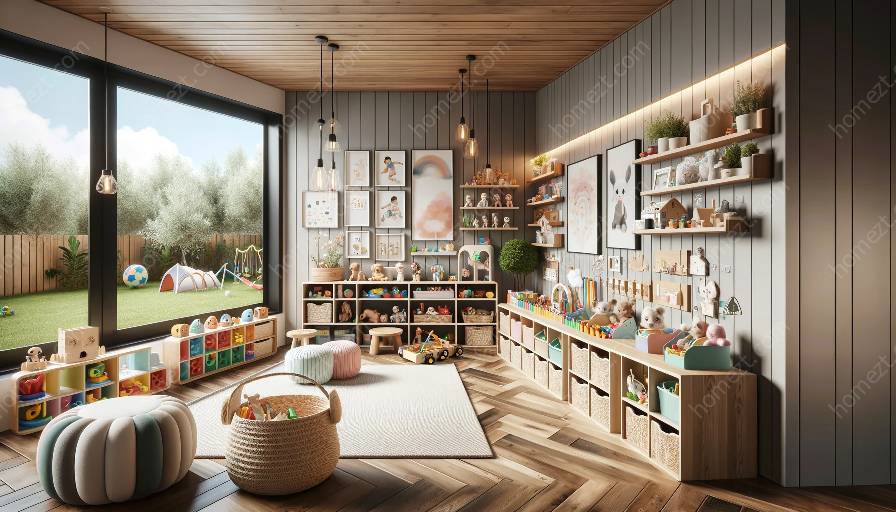Poison control is a crucial element in ensuring the safety and well-being of children, especially in environments such as nurseries and playrooms. In this comprehensive guide, we will explore the importance of poison control, safety measures, and how to create child-safe environments to prevent accidents and poisoning.
Poison Control
Poison control refers to the measures and resources put in place to identify, manage, and prevent poisoning incidents. It involves understanding potential toxins, recognizing poisoning symptoms, and knowing how to respond in an emergency. Common household items, such as cleaning products, medications, and certain plants, can pose significant risks to children if not handled properly.
It's essential for parents and caregivers to be aware of poison control resources in their area, such as local poison control centers and hotlines, to access expert guidance and assistance in case of poisoning emergencies.
Safety Measures
Implementing safety measures is crucial in minimizing the risk of poisoning and other accidents in environments where children spend their time. Simple yet effective measures include:
- Storing household chemicals and medications in locked cabinets or high shelves out of children's reach.
- Using child-resistant packaging for products that pose a poisoning risk.
- Labeling hazardous substances clearly and keeping them separate from food and beverages.
- Teaching children about the dangers of consuming unknown substances and the importance of seeking adult help if they suspect poisoning.
Tips for Creating Child-Safe Environments
When it comes to nursery and playroom safety, specific considerations should be taken into account to ensure a child-safe environment. These include:
- Choosing non-toxic and child-friendly materials for furniture, toys, and decorations.
- Securing heavy furniture and appliances to the wall to prevent tipping accidents.
- Regularly inspecting and replacing any damaged or broken toys to avoid potential hazards.
- Installing outlet covers and cord organizers to prevent electrical accidents.
In conclusion, prioritizing poison control, implementing safety measures, and creating child-safe environments play a significant role in safeguarding children from potential hazards and accidents. By staying informed, proactive, and attentive to the specific needs of nurseries and playrooms, parents and caregivers can effectively mitigate the risks associated with poison exposure and create a safe and nurturing environment for children.


